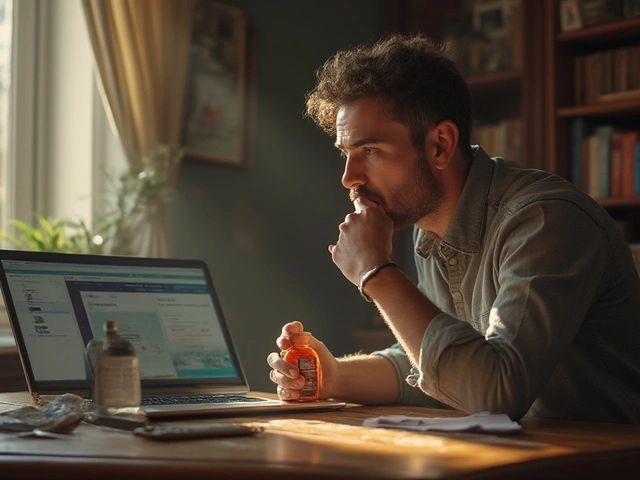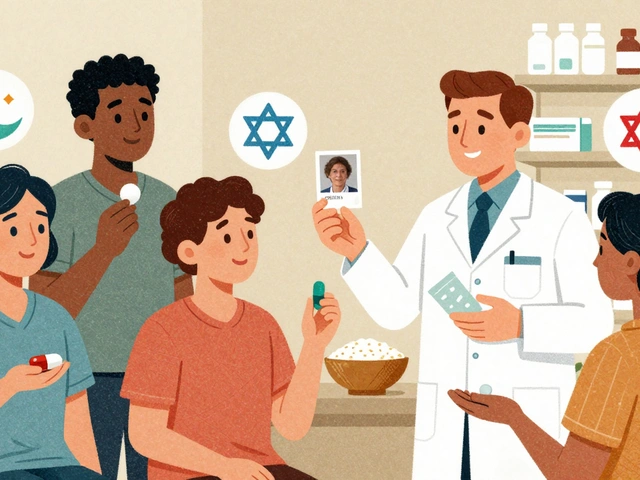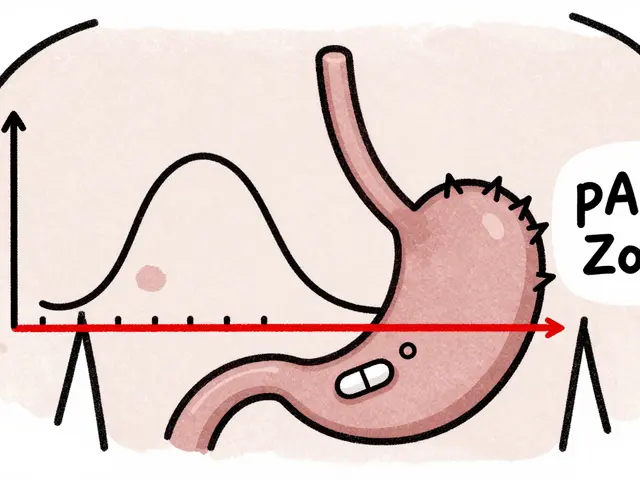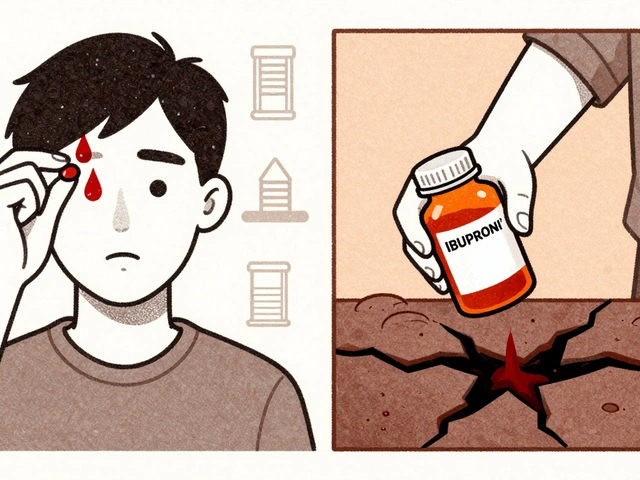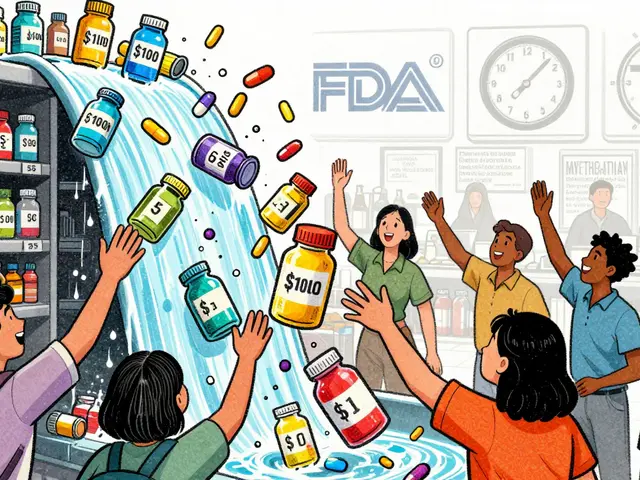USFDA approval: what it means for medicines and for you
Seeing "USFDA approved" on a drug label matters. It means the FDA reviewed data on safety and effectiveness for a specific use. But approval isn’t a stamp that everything is perfect forever — approvals can change, get updated, or be limited to certain groups and uses. If you take medicines or buy them online, knowing how approval works helps you avoid risks.
How to check an FDA approval
Want to verify a drug? Start at official sources. Drugs@FDA lists approved prescription and over‑the‑counter drugs, approval letters, and key docs. The Orange Book shows approved drug products and therapeutic equivalents — useful when comparing generics. DailyMed has official drug labels so you can check dosing, warnings, and ingredients. If you see a product that claims FDA approval but you can’t find it in these sources, be skeptical.
Also watch for special pathways: Emergency Use Authorization (EUA) is temporary for emergencies and not the same as full approval. Accelerated approvals and fast‑track status speed access but often require more post‑approval studies. That matters because post‑market data can change how a drug is used.
Buying medicines online — stay practical and safe
Not all online pharmacies sell FDA‑approved products. Look for a verified seal like NABP’s verification (VIPPS) or check that the pharmacy requires a real prescription. Red flags: sellers offering prescription drugs without a doctor’s form, huge discounts that seem too good, or foreign addresses claiming US approvals. If a listing has no active ingredient listed or vague claims like "natural cure," avoid it.
When ordering, compare the product label to the FDA label on DailyMed. Check active ingredient, strength, and manufacturer. If the manufacturer listed online doesn’t match FDA records, don’t buy. Also read recent news — the FDA posts safety alerts and recalls on its site. A product might be pulled or have new warnings after approval.
If something goes wrong, you can report side effects to the FDA’s MedWatch program. Reporting helps regulators spot safety signals faster. Ask your prescriber about alternatives if you worry about a drug’s safety or if new data comes out.
Bottom line: USFDA approval is useful, but it’s only part of the picture. Verify approvals on official FDA pages, know the difference between full approval and emergency or accelerated pathways, and be cautious with online sellers. Use labels, official databases, and common sense — and ask a health professional when you’re unsure.

- Aug 15, 2024
- Posted by Cillian Osterfield
Lupin Achieves Rapid USFDA Drug Approvals: A Boon for Shareholders
Lupin has secured its third USFDA approval for a new drug within a week. This streak of approvals is expected to positively impact the company's stock, drawing attention from investors and analysts. The approvals reflect Lupin's strong positioning in the global market, indicating growth and increased profitability for the company.
Categories
- Health and Wellness (70)
- Medications (68)
- Health and Medicine (28)
- Pharmacy Services (12)
- Mental Health (9)
- Health and Career (2)
- Medical Research (2)
- Business and Finance (2)
- Health Information (2)
Latest Posts
©2026 heydoctor.su. All rights reserved

